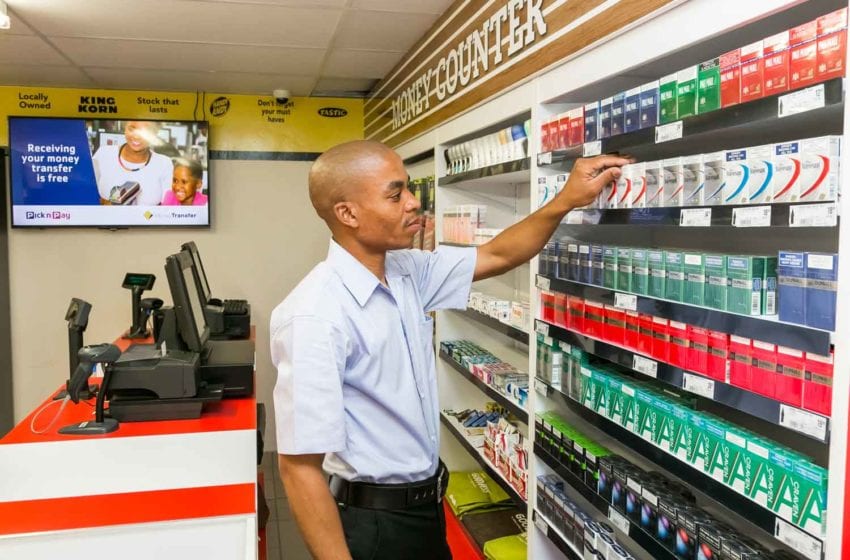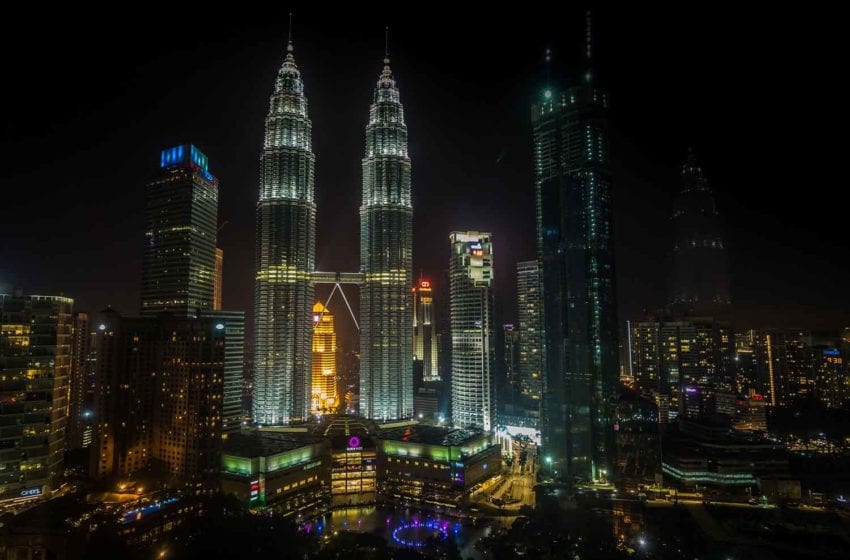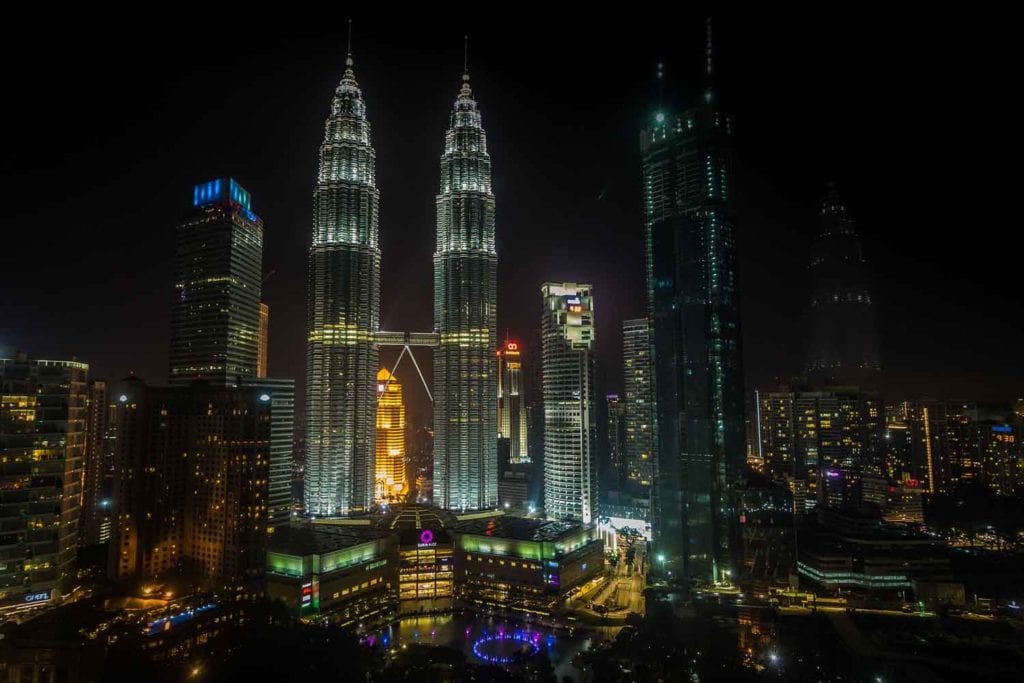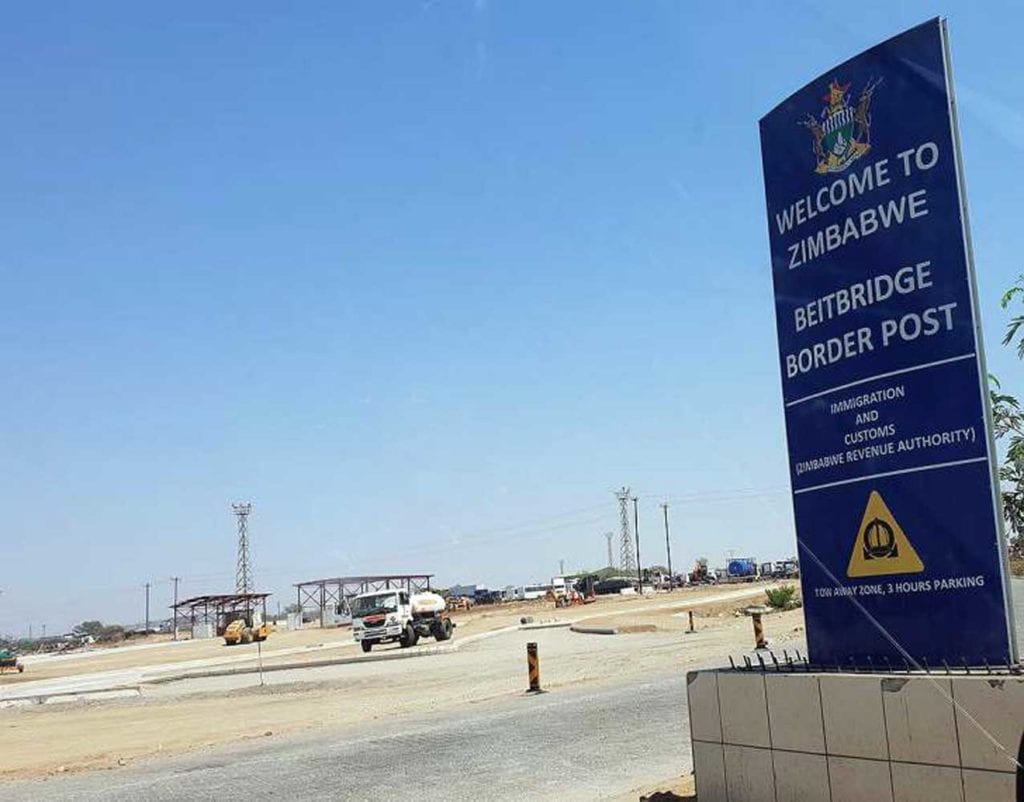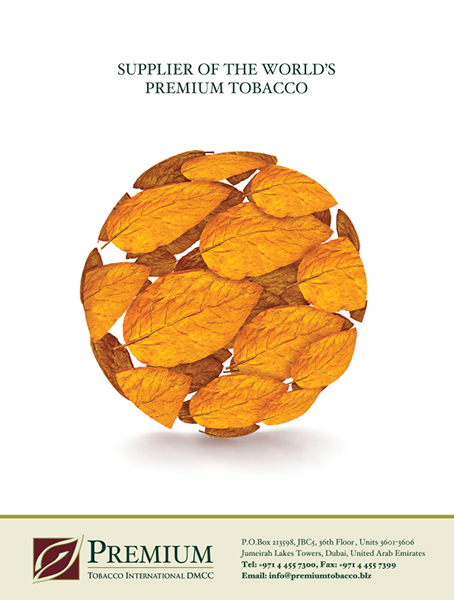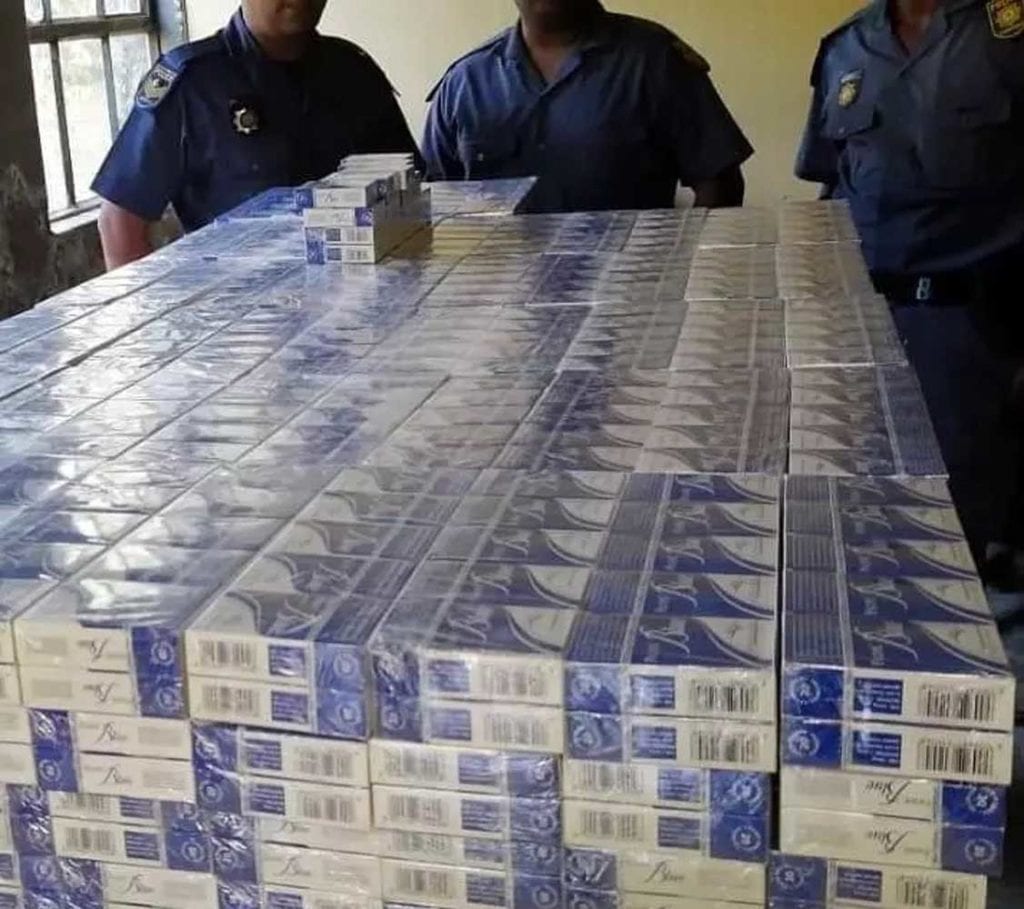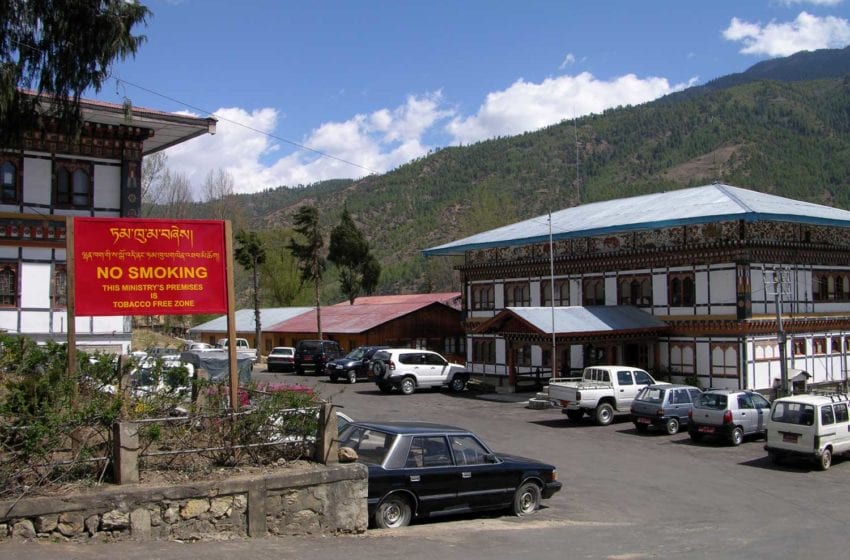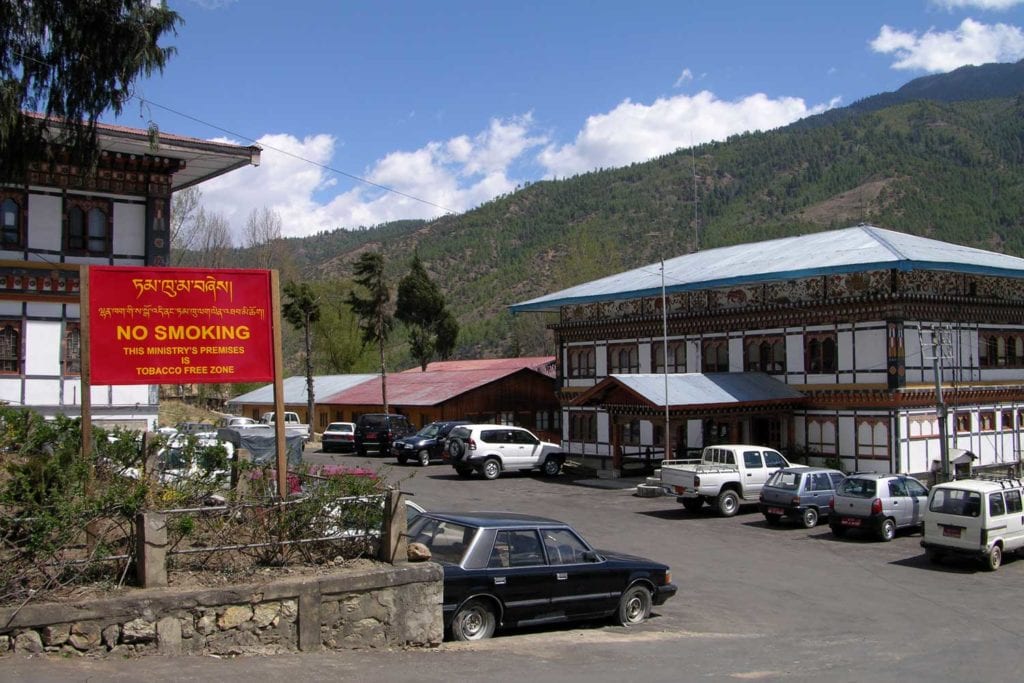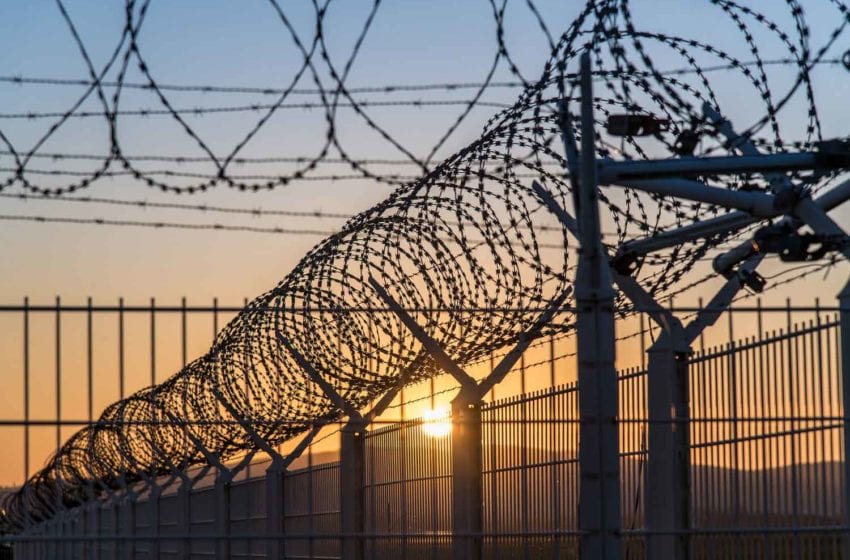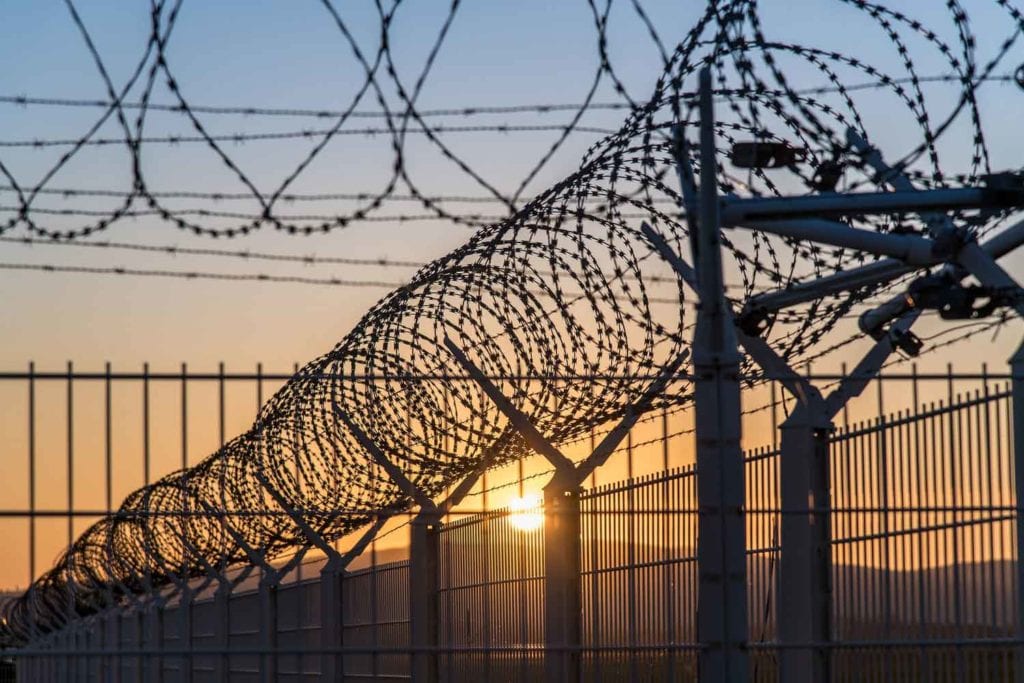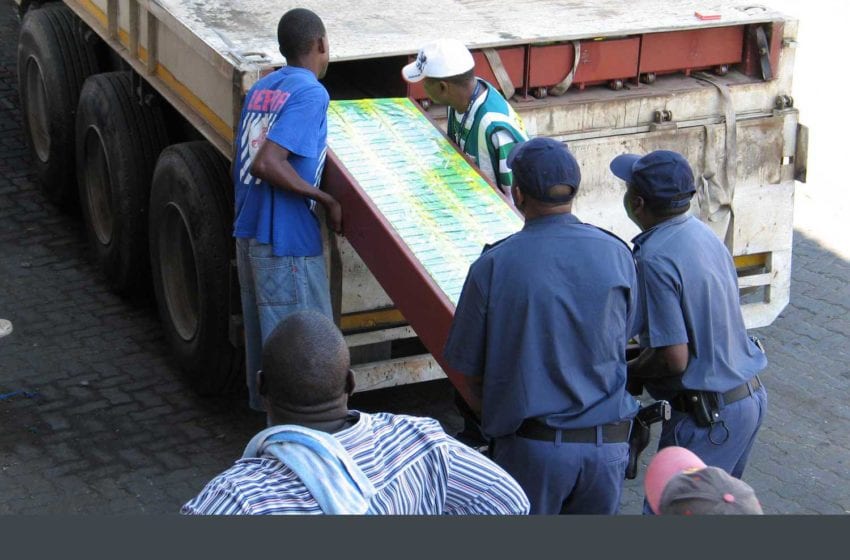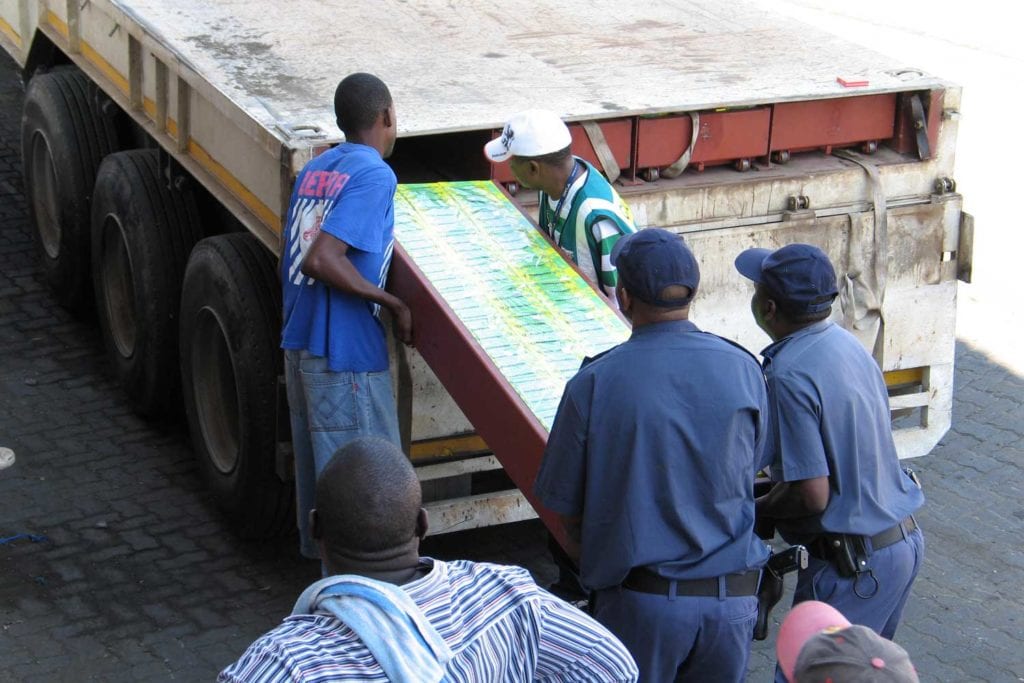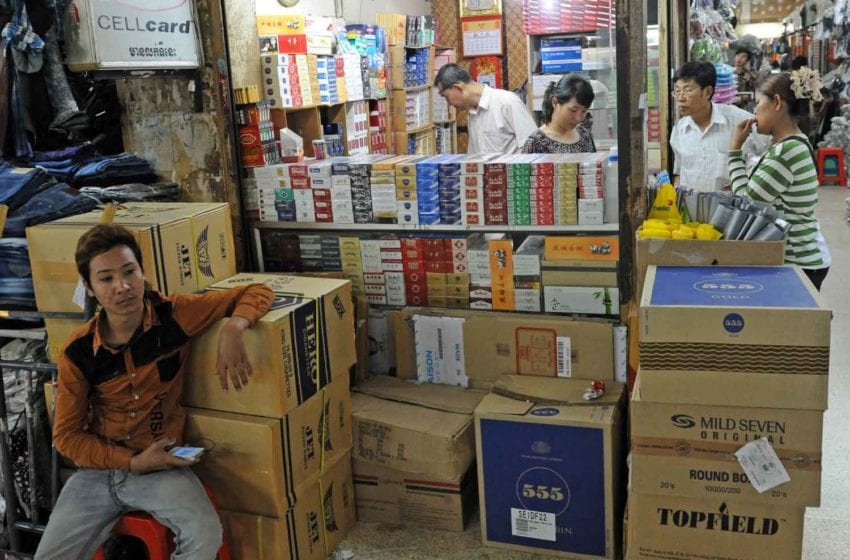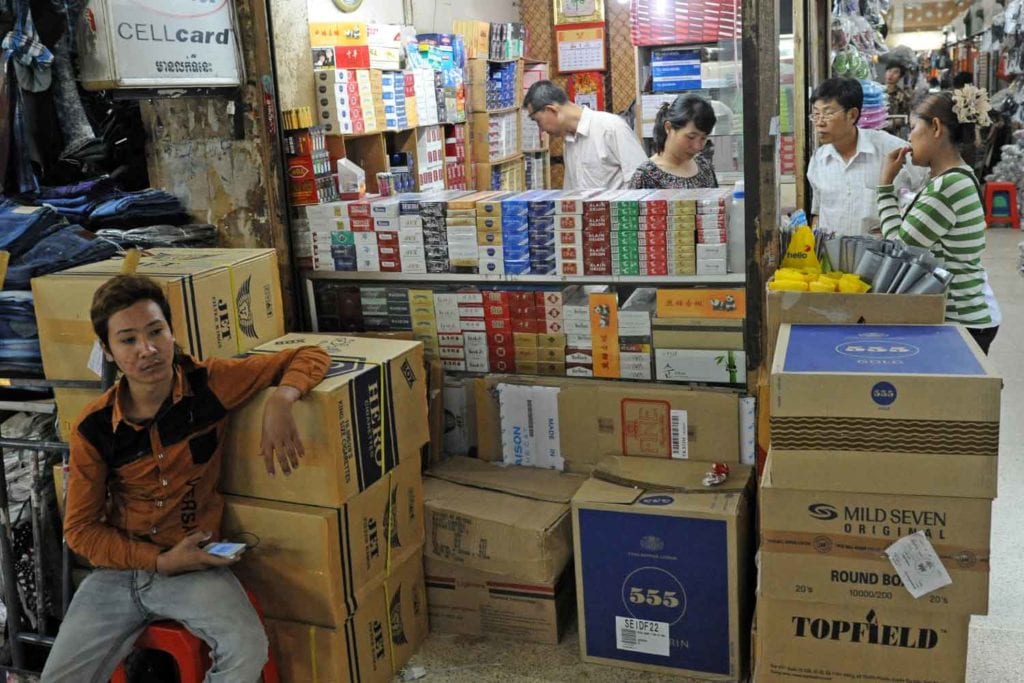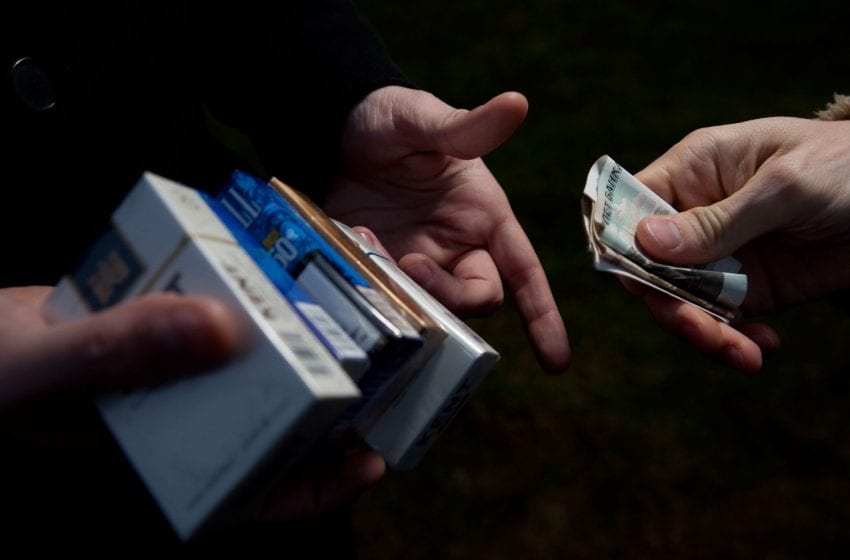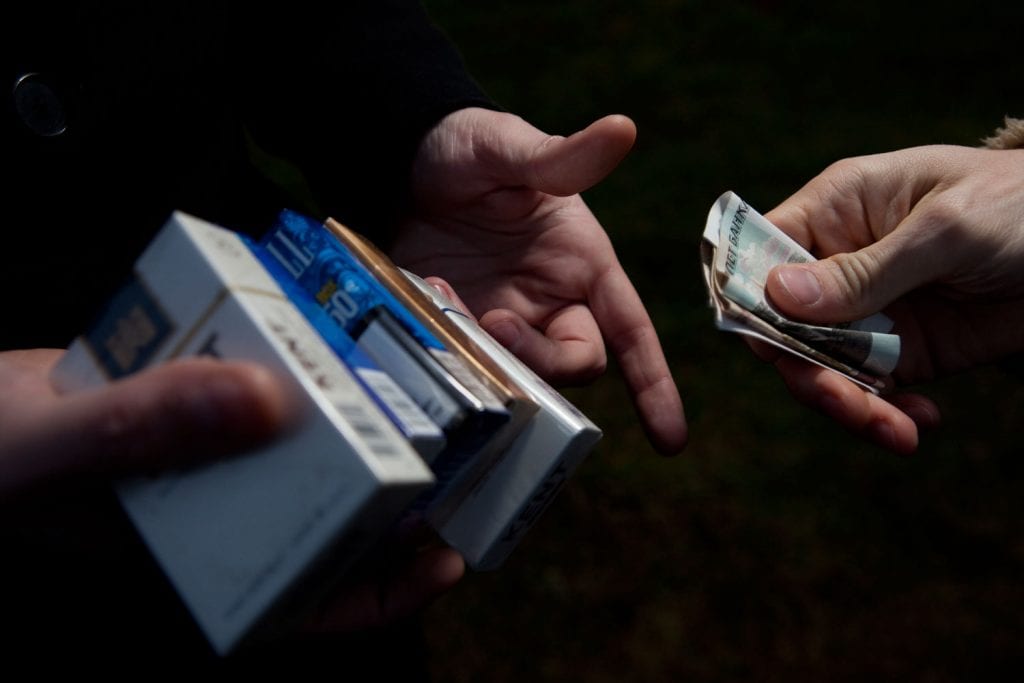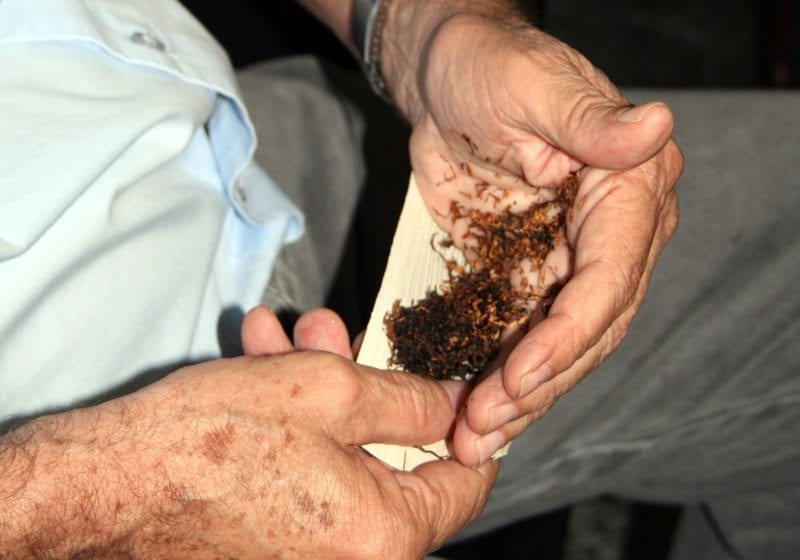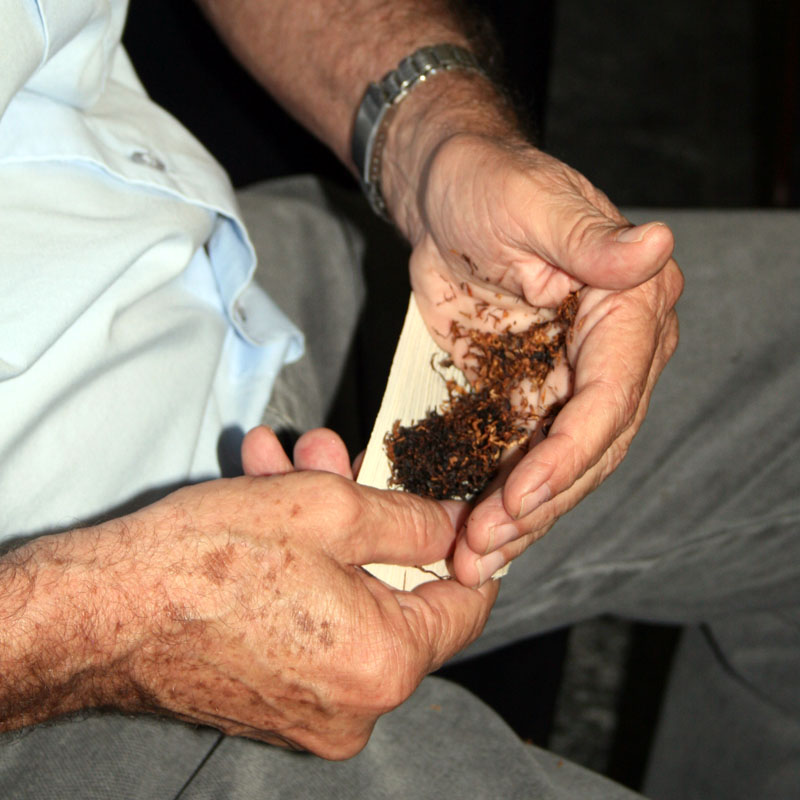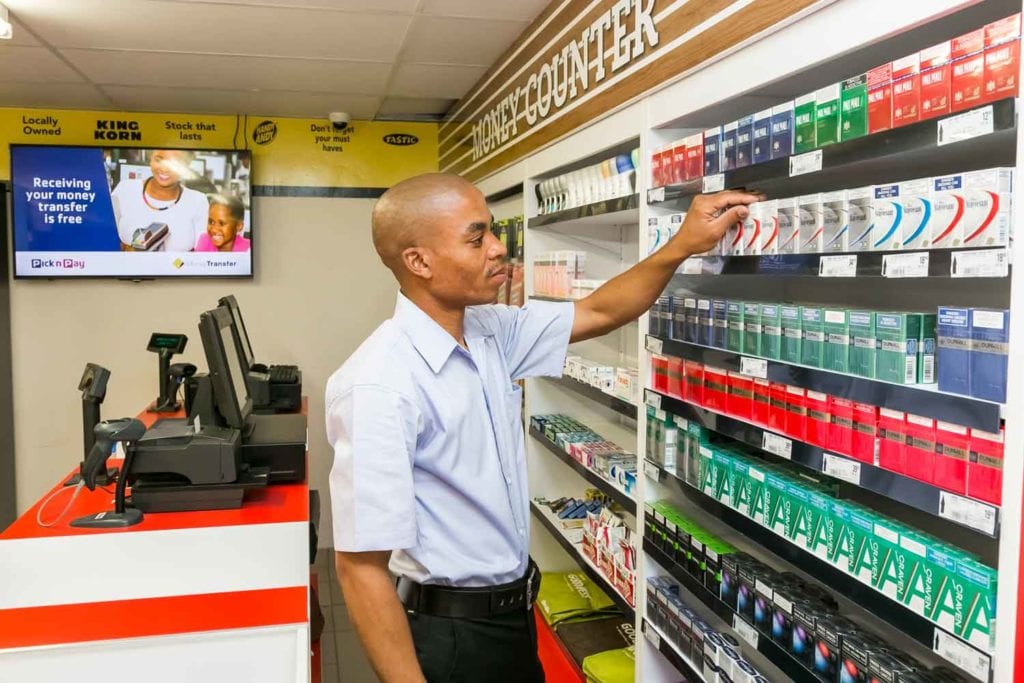
(Photo: Michael Turner | Dreamstime)
British American Tobacco South Africa (BATSA) has called on the government to urgently ratify the World Health Organization’s (WHO) illicit trade protocol. The appeal comes after the company lost a substantial share of the domestic market during the country’s coronavirus lockdown, which included a five-month ban on tobacco sales.
Research by the University of Cape Town’s Research Unit on the Economics of Excisable Products (REEP) found that 93 percent of smokers were able to purchase cigarettes during the lockdown. However, the brands they bought changed significantly.
The market share of BATSA products dropped from 48 percent prior to lockdown to 8.7 percent in June, REEP found. According to BATSA, the small share of people who reported being able to buy BATSA brands during the lockdown almost certainly obtained them out of pre-lockdown shipped retail stock.
Meanwhile, sales of cigarette brands associated with the Fair-Trade Independent Tobacco Association (Fita) increased substantially while BAT was unable to operate normally during the lockdown. Sales of Zimbabwean-owned Gold Leaf Tobacco Corp.’s RG brand, for example, exploded. At 11.6 percent of the market, this brand saw approximately 10 million cigarettes purchased every day at prices that were up to five times higher than prior to lockdown despite no tax being paid, according to BATSA.
“Our company has not shipped a single cigarette to South African retail or wholesale customers since the ban came into effect in March,” said BATSA spokesperson Johnny Moloto. “This is why we, as the previously largest tobacco company in the country are barely a footnote in the REEP reports now.”
Cigarette and tobacco product sales in South Africa became legal again on Tuesday, but South African Revenue Service Commissioner Edward Kieswetter said it would take years to root out the corruption and illegal activities that have taken root in the past four months.
The ratification of the global illicit trade protocol that BATSA demands would oblige South Africa to implement WHO track-and-trace guidelines, among other measures. South Africa signed the agreement seven years ago but never ratified it.

